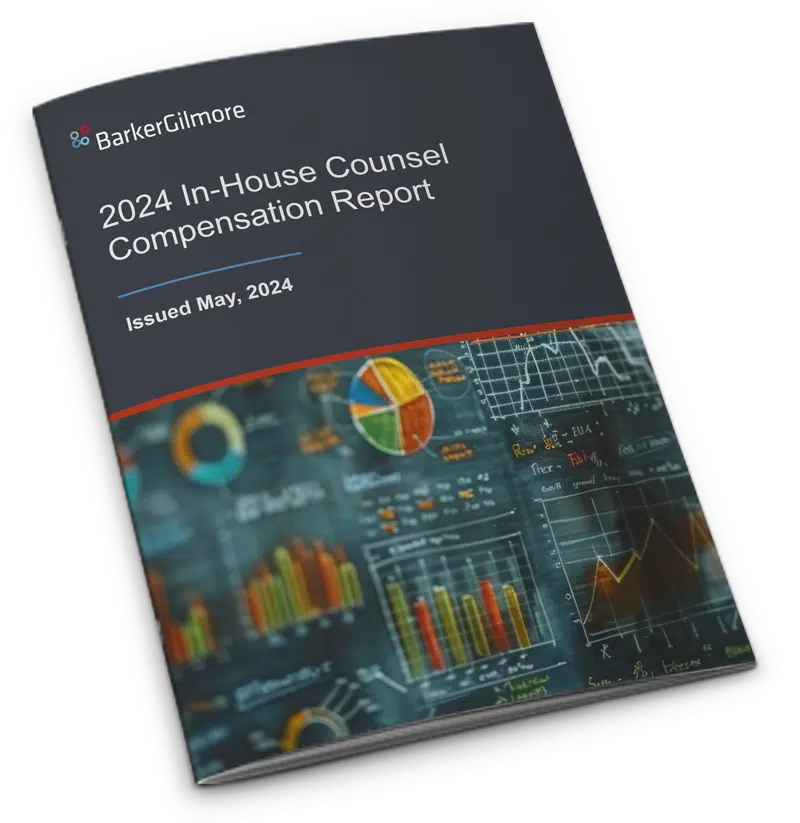 Helen Pudlin most recently served PNC Financial Services Group, one of the largest diversified financial institutions in the U.S., as its Executive Vice President and General Counsel. Leading the legal team for over 18 years and managing more than 100 lawyers, she also served as a Member of the Executive Committee at this NYSE publically traded company that provides products and services in the retail, corporate and institutional banking, and asset management businesses. Prior to joining PNC, Helen was a partner at Ballard Spahr LLP, where she represented institutional clients with a range of small to large legal departments. For several years, Helen also has been a Lecturer in Law at the University of Pennsylvania Law School, where she has co-taught a course called Challenges Facing General Counsel, which addresses the roles and responsibilities of a GC, the qualities of an effective GC, and how they deal with significant challenges. Helen adds her expertise to the strategic counsel, leadership development, succession planning, and other services BarkerGilmore advisors provide to legal and compliance departments, CEOs, and boards across the country.
Helen Pudlin most recently served PNC Financial Services Group, one of the largest diversified financial institutions in the U.S., as its Executive Vice President and General Counsel. Leading the legal team for over 18 years and managing more than 100 lawyers, she also served as a Member of the Executive Committee at this NYSE publically traded company that provides products and services in the retail, corporate and institutional banking, and asset management businesses. Prior to joining PNC, Helen was a partner at Ballard Spahr LLP, where she represented institutional clients with a range of small to large legal departments. For several years, Helen also has been a Lecturer in Law at the University of Pennsylvania Law School, where she has co-taught a course called Challenges Facing General Counsel, which addresses the roles and responsibilities of a GC, the qualities of an effective GC, and how they deal with significant challenges. Helen adds her expertise to the strategic counsel, leadership development, succession planning, and other services BarkerGilmore advisors provide to legal and compliance departments, CEOs, and boards across the country.
Serving as a highly respected General Counsel for many years, and observing your peers, what do you think differentiates top GCs from the others?
From my perspective, the top GCs possess great judgment, are broad and strategic thinkers, and have strong problem-solving skills. When giving advice, they evaluate a range of possible issues and consequences, including legal, business, reputation, regulatory, risk management, public policy, political, ethical, cultural, and communications. Top GCs consider the impact of actions on the company’s stakeholders, including employees, customers, investors, and regulators. I’ve also noticed they proactively identify and address emerging risks inside the company, as well as outside risks that may affect the company’s business. They don’t just stay in their “lane,” but weigh in on areas outside of the law and on doing the right thing. Outstanding GCs are good communicators and are adept at navigating internal relationships with the Board, senior executives, and business leaders as well as external relationships with stakeholders and outside law firms. These GCs have the courage to speak up, ask questions, and disagree. Ultimately, they are trusted counselors and strong leaders.
In aspiring to be top legal leaders, what do you see as the important areas for development for most GCs?
Many newly appointed GCs are good technical experts, but lack the skills and experience required to lead a legal department and be valued corporate executives and trusted and broad counselors. Important areas for development include learning to:
- Balance the roles of risk manager and business partner.
- Evaluate a broad range of issues and consequences when giving advice — not simply legal issues — and getting comfortable expressing your views on issues relating to the culture and integrity of the company, business strategy and operations, risk, reputation, and personnel.
- Build strong relationships with the CEO and the Board, communicate effectively with multiple internal and external audiences, and create alliances with business and functional leaders.
- Demonstrate the value of the legal department to the company.
- Solve problems effectively.
In leading the legal department, newly appointed GCs also need to learn how to develop, promote, and retain talent, structure the department, create budgets and control costs, design policies and processes, establish standards, and manage outside counsel.
In what ways did you make the biggest impact while serving as GC?
Building a legal department that was truly effective and highly regarded both inside and outside the company created the biggest impact. Our PNC lawyers were valued as business partners and strong risk managers and struck an appropriate balance between those roles. Our lawyers contributed to a company culture of legal compliance that was also characterized by high integrity, protecting the company’s reputation, and doing the right thing. I considered hiring the best lawyers possible, continually assessing the company’s legal needs, and focusing on appropriate compensation, talent development, and retention to be integral to my job. We brought on lawyers who were not only technical experts, but either were, or had the potential to quickly become, trusted counselors, strong risk managers, good communicators, and outstanding leaders. Our lawyers served as counselors to the businesses and functional areas, and I also got the buy-in to make them members of, or counsel to, key business and enterprise committees and task forces. This allowed the lawyers to better understand the businesses, develop relationships, and proactively identify and manage risks. In turn, they not only developed breadth, but became more effective counselors, risk managers, and business partners. Ultimately, their jobs were more interesting, and they were of greater value to the company.
What are you passionate about?
I’m passionate about helping lawyers to develop and succeed, act as problem solvers, communicate effectively, look at risk broadly, build relationships, and take ownership. I also feel strongly about the important role of GCs and inside lawyers in helping to build and maintain a culture of high integrity and protecting the reputation of the company, which greatly contribute to the long-term success of the company.
What are the best “words to live by” that you want GCs to know?
- Hire the best lawyers possible and give them opportunities and resources for growth and development.
- View your role broadly, as a trusted counselor, manager of risk, and leader, with shared responsibility for the culture, integrity, and reputation of the company.
- When giving advice, do not limit yourself to the legal issues; consider potential consequences and issues more broadly.
- Be a member of the top management committee in order to understand the business, better manage risk, and be an effective legal and business leader. Participate on other key management committees as well to understand the business, manage risk, and broaden your perspective and contributions.
- Learn your company’s businesses and become financially literate and provide education programs for the inside lawyers covering the company’s businesses and financial literacy.
- Build strong relationships with the CEO and Board, business and functional leaders, and the company’s regulators.
- Have a backbone, and don’t be afraid to speak up for what concerns you and what you believe is the right thing to do. Don’t be reluctant to question and respectfully disagree and to weigh in on issues beyond legal issues, including those relating to culture, integrity, business strategy and operations, enterprise risk, reputation, policy, and personnel.
- Don’t surprise the CEO or the Board.
In your role as a BarkerGilmore advisor, where do you see yourself adding the biggest value to GCs?
Knowing how important it is to hire top talent and develop that talent to drive the success of the department and the company, I see myself assisting companies in their recruiting efforts to hire strong GCs and senior lawyers. Understanding firsthand the growing needs and demands on inside legal departments, I also can help GCs and senior lawyers take their teams to the next level by coaching them on issues such as assessing and developing talent; building an organizational structure and teams to maximize success as business partners, risk managers, and leaders; managing and controlling the costs of outside counsel; adding value and demonstrating it; and communicating effectively with the CEO, the Board, and business and functional leaders.
Connect with a legal recruiting advisor
* indicates required fields






